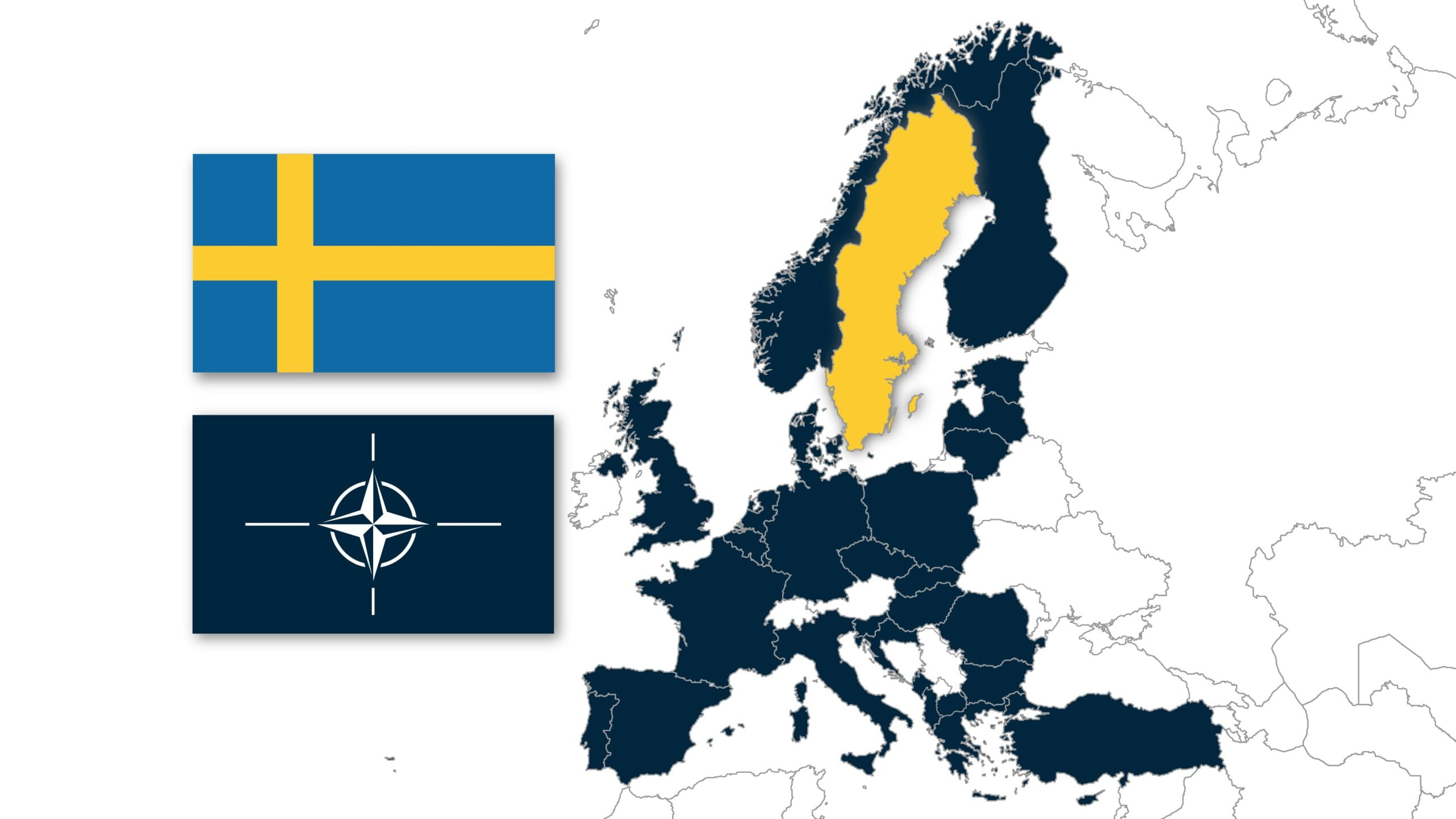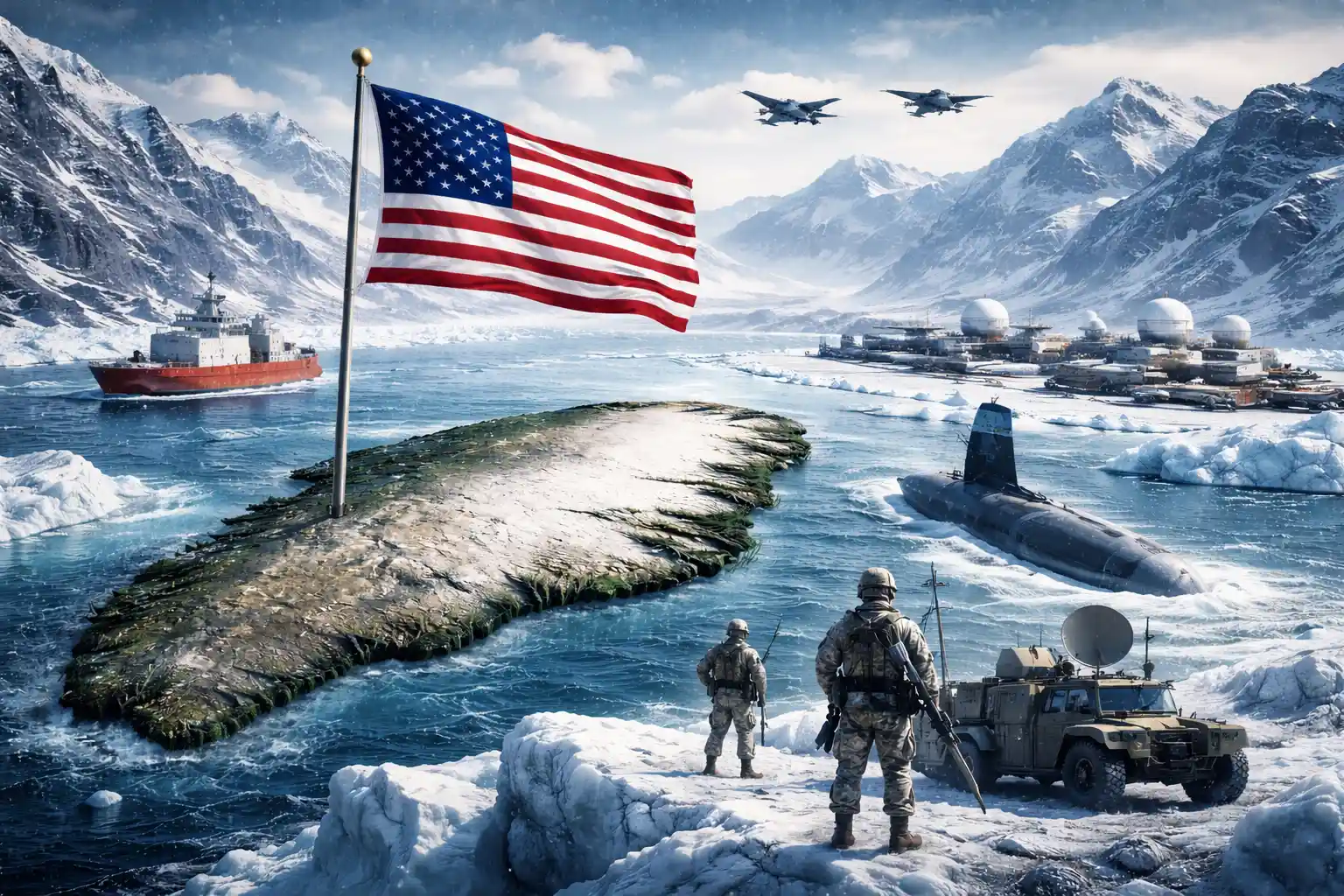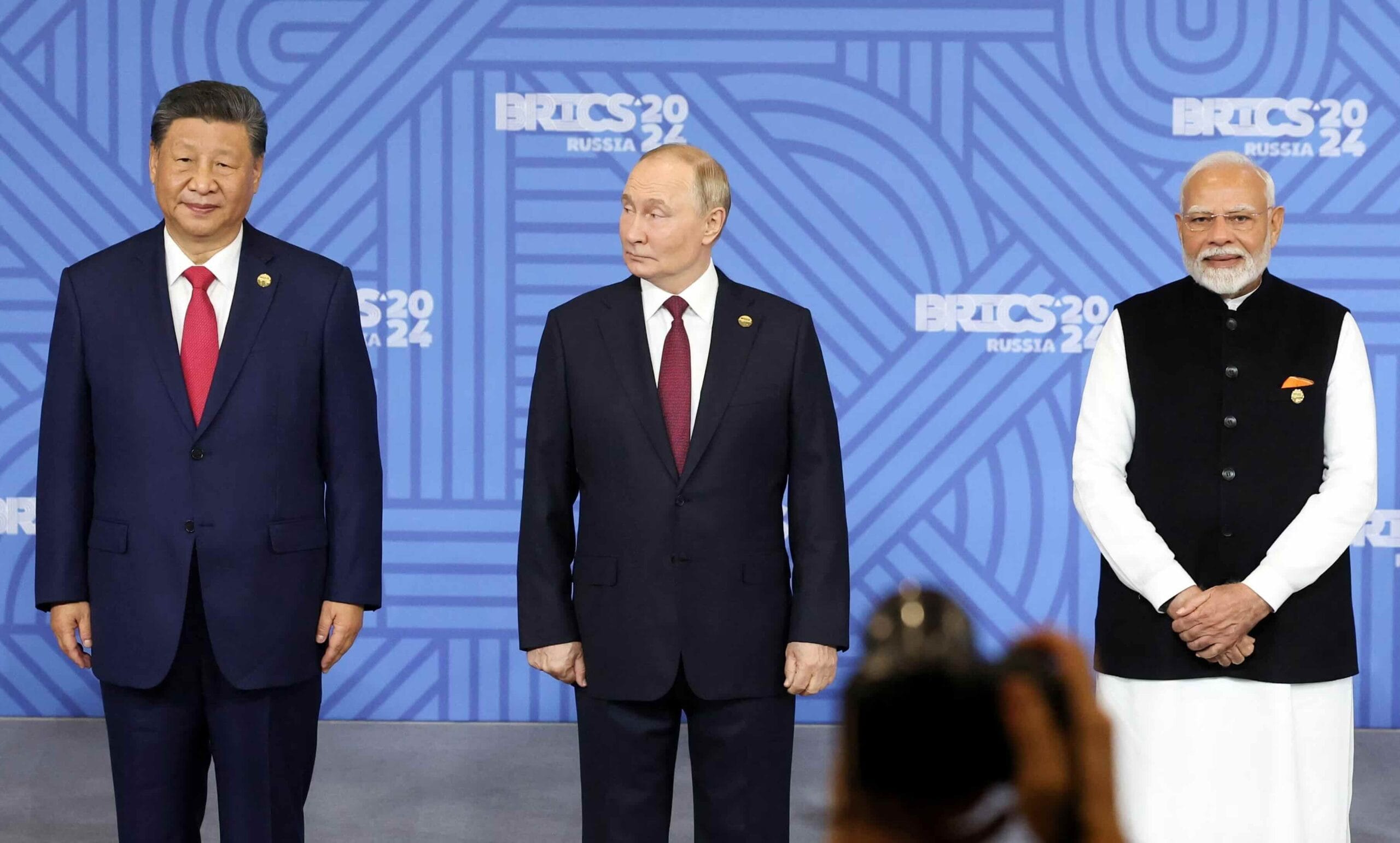Global attention is fixed on the tense standoff between the US and Venezuela, marked by military posturing and combative language. This situation does not resemble a conventional war; rather, it is a precarious confrontation that could escalate into widespread conflict with a single misstep. The Trump administration has deployed an impressive naval fleet to the Caribbean – a collection of destroyers and amphibious assault vessels executing operations against ships labeled as drug traffickers. Officially aimed at addressing narcotics issues, the real motivation appears to be a high-stakes geopolitical manoeuvre that threatens to unsettle Latin America and involve foreign powers.
The immediate catalyst was a presidential directive enacted in August 2025, granting the U.S. military authority to take decisive action against foreign drug cartels deemed a national security risk. This aggressive stance became lethal on September 2, when U.S. forces attacked a speedboat near the Venezuelan coast, resulting in eleven casualties and showcased in a video by President Trump. Since that incident, the operations have significantly escalated.
By late October, the U.S. had pinpointed certain Venezuelan military installations, such as naval bases and airstrips, as potential targets. The alarming flights of U.S. Air Force B-1B bombers along the Venezuelan coastline as described by open source analysts as practice for strikes that clearly signify a transition from maritime law enforcement to preparations for targeting sovereign land.
All the views and opinions expressed are those of the author. Image Credit: Rjcastillo | Zulia Beer logo, Maracaibo | Wikimedia Commons.
About the Author
Jaiee Ashtekar holds a bachelor’s degree and a master’s degree in political science from the University of Mumbai. She holds a post-graduate diploma in international relations from the University of Strathclyde, United Kingdom (UK). She has done projects titled “Kashmir through Political Perception” and “Water issues between India and Pakistan.”



